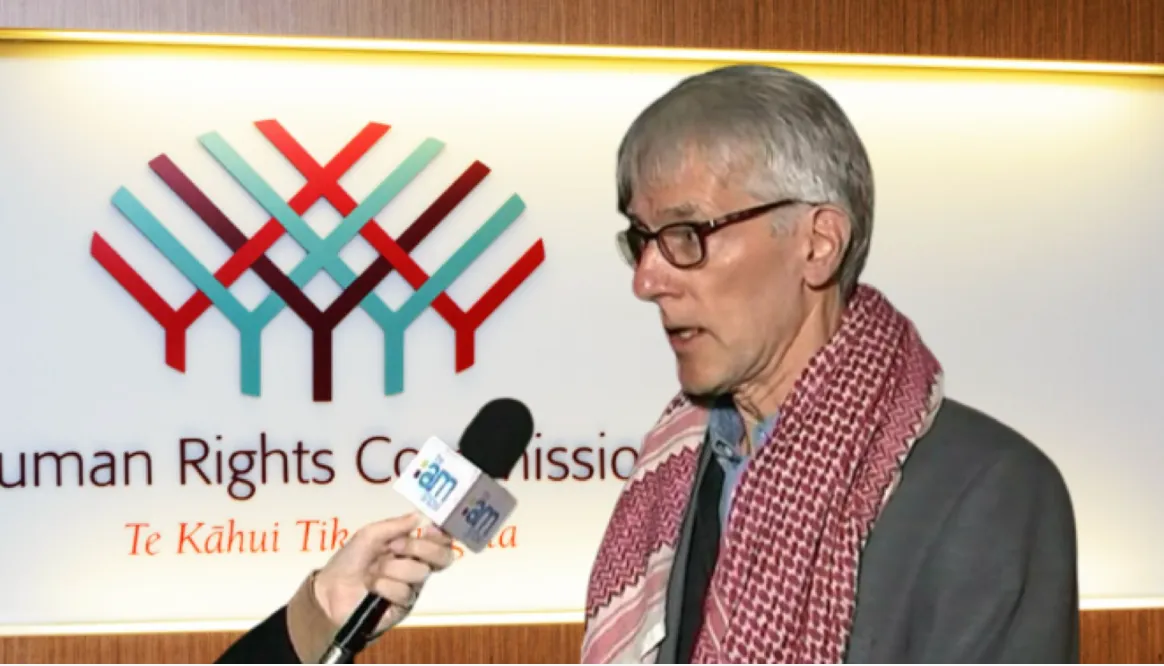Table of Contents
Fred Too
I have had some experience dealing with the Human Rights Commission (HRC) in my time in the public service. I’ve had to spend many hours crafting careful replies and traversing various provisions in the legislation to respond to totally bogus complaints they have forwarded to my department.
The HRC received over $13m of government funding in the 2021 financial year, a little down from $14m in 2020. Personnel costs were $8.8m, up $1.1m from 2020 due to extra staff and pay rises. This was despite all the commissioners receiving a temporary ‘Covid’ pay cut on the direction of the Remuneration Authority.
The Chief Commissioner, Paul Hunt, had to scrape by on $325,000 in 2021, down from $362,000 in 2020. The rest of the commissioners, including Race Relations Commissioner, Meng Foon, received reduced salaries of around $235,000, which I assume have now jumped back up to $250,000 or more.
The HRC employs a sizeable team of well-paid, professional staff. They undertake various activities to try to educate us and raise awareness of human rights issues. However, a big part of their job must be responding to the around 6,000 enquiries and complaints a year they receive. Around 1,300 of these allege unlawful discrimination.
Yet the staff typically do no evaluation whatsoever of the validity of the complaints that are sent to them. They just forward them on, maybe with a nice covering letter suggesting mediation. They send the complaints to the various government departments and agencies that somehow might be responsible and able to respond (and I guess to the private sector too).
In the complaints I have seen that allege discrimination, the complainant is grumpy because they are not getting some benefit, allowance, ACC payment, etc they think they are entitled to. They say not receiving this payment is unfair and that they are being discriminated against because they are disabled, not white, a woman, not a resident, too fat, etc.
But generally, the entity being complained about for not giving them the moolah is merely following the law and has no discretion whatsoever to meet their request! Sometimes the law might be unfair in how it applies, but that is a policy issue better taken up with the government – not treated as a discrimination complaint.
Some poor, but likely reasonably well paid, sucker at the relevant agency gets given the complaint to respond to. This will likely involve hours of work putting together a narrative that shows how the legislation does not allow what the complainant wants and that there is a particular policy reason for why the legislation is worded the way it is. This reply gets sent back to the HRC who send it off to the complainant. If the complainant has particular concerns about the response, then the whole process might be repeated.
It won’t just be the sucker who writes the response who spends time on it – it will be at least reviewed by a manager who might have asked for it to be reworked to ensure it covers all the bases. Many expensive hours will likely be racked up in completing a suitable reply.
It therefore seems likely that the bulk of the paid hours used to deal with HRC complaints is not work done by the HRC at all, but hours expended elsewhere by the people actually responding to the complaint. If the HRC is spending maybe $2m on HRC staff time to deal with their complaints, how many dollars’ worth of time is being spent by all the agencies external to HRC to respond to the complaints? At a rough guess I would think at least five times as many hours – so maybe another $10m a year of staff time, or more, is spent in responding to HRC complaints (if my $2m assumption is in the right ballpark).
But it seems the HRC does sometimes care about the validity of complaints and wasting money on processing them. The commission last year made it clear that it had had enough of people complaining over the use of te reo Maori or the term Pakeha. It announced that in future only a standard response will be provided and that it does not offer its resolution service for these complaints. Apparently the Human Rights Act sets out what types of discrimination are unlawful and the use of te reo does not fit the criteria.
I would have thought that government agencies following the law, and not dishing out money to moaners alleging discrimination, does not fit the criteria of discrimination either – but what do I know?
The then Chief Executive (they have one of those as well as a Chief Commissioner) Rebecca Elvy told Midday Report that the commission gets a persistent number of complaints about the use of te reo Maori each week. It’s usually only single figures each week but sometimes it’s more or less. She said the decision (to give only a standard response) is about signalling their respect and commitment to helping te reo flourish in Aotearoa.
I’ll leave you to draw your own conclusions.








![[The Good Oil] Stuff Up of the Day](/content/images/size/w1304/format/webp/2024/09/Stuff-up-image-1.webp)
